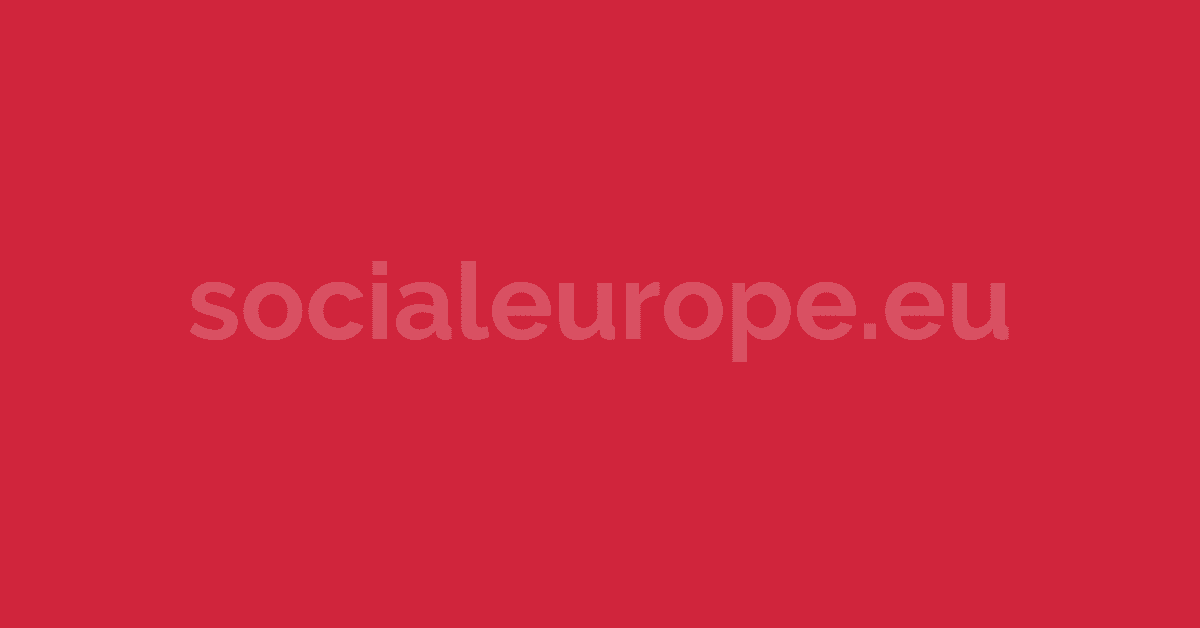
Trump’s Oval Office Spectacle: When Power Becomes a Stage for Humiliation
Trump’s Oval Office Spectacle: When Power Becomes a Stage for Humiliation.

Trump’s Oval Office Spectacle: When Power Becomes a Stage for Humiliation.

Trump’s return to power reveals a fractured America, where defiance of democratic norms and ruthless ambition signal a troubling shift in the nation’s political future.

How Putin’s Quest for Power Revives Russia’s Century-Old Threat to the West.

Powerful groups seem increasingly willing to break the unspoken rule against public infighting. This does not bode well for Putin's regime.

Behind the Kremlin façade of a grateful people devoted to their leader lie despair, paranoia, intolerance, rage and violence.

Whereas the Russian president, Vladimir Putin, is willing to throw everything at this war, Ukraine’s backers are losing their resolve.

Last year’s ‘partial mobilisation’ triggered a backlash against the Kremlin and Putin is fearful of a repeat.

Ordinary Russians are unable to protest against the Ukraine war. But evidence of covert resistance is everywhere.

The more apparent it is that Russia is losing, the more forcefully Vladimir Putin declares that it is not.

Mikhail Gorbachev was Russia's last liberal leader. His spirit lives on for the next.

Refusing to engage with Russian culture will not change Putin’s calculations, let alone impel him to withdraw from Ukraine.

The Kremlin's negation of the Nobel laureate’s legacy represents another step backwards which could lead to nuclear war.

The siloviki who gained power during Putin’s early years have been replaced by faceless security technocrats—real heirs to the KGB.

By attacking another European country, Putin crossed a line drawn after World War II. But he also changed Russia.

Today’s protest movement has a charismatic and sympathetic leader but Putin has spent the last decade consolidating a police state.